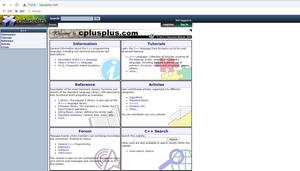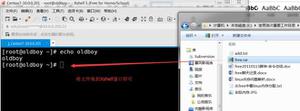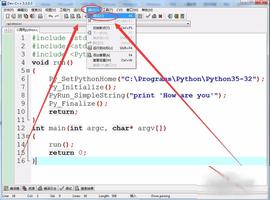Python和单元测试那些事儿[python高级]

我们来说说目前几个和测试有关的东西(全程 Python 3)。
Mock
Mock是个好东西呀,遇到测试中出现的不可预知的或者不稳定因素,就用 Mock 来代 替。例如查询数据库(当然像目前我们用的MongoDB,由于特别灵活,可以直接在代码里 把相应的collection替换掉),例如异步任务等。举个例子:
import loggingfrom unittest.mock import Mock
logging.basicConfig(level=logging.DEBUG)
# code
class ASpecificException(Exception):
pass
def foo():
pass
def bar():
try:
logging.info("enter function <foo> now")
foo()
except ASpecificException:
logging.exception("we caught a specific exception")
# unittest
def test_foo():
foo = Mock(side_effect=ASpecificException()) # noqa
logging.info("enter function <bar> now")
bar()
logging.info("everything just be fine")
if __name__ == "__main__":
test_foo()
运行一下
root@arch tests: python test_demo.pyINFO:root:enter function <bar> now
INFO:root:enter function <foo> now
INFO:root:everything just be fine
一个简单的测试就这么写好了。来,跟我念,Mock 大法好呀!
doctest
doctest属于比较简单的测试,写在 docstring 里,这样既能测试用,又能当文档 示例,是在是好用之极啊。缺点是,如果测试太复杂,doctest就显得太臃肿了(例如 如果测试之前要导入一堆东西)。举个例子:
import logginglogging.basicConfig(level=logging.DEBUG)
def foo():
"""A utility function that returns True
>>> foo()
True
"""
return True
if __name__ == "__main__":
import doctest
logging.debug("start of test...")
doctest.testmod()
logging.debug("end of test...")
测试结果
root@arch tests: python test_demo.pyDEBUG:root:start of test...
DEBUG:root:end of test...
unittest
这个文档确实有点长,我感觉还是仔细去读一下文档比较好。
import unittestclass TestStringMethods(unittest.TestCase):
def setUp(self):
self.alist = []
def tearDown(self):
print(self.alist)
def test_list(self):
for i in range(5):
self.alist.append(i)
if __name__ == '__main__':
unittest.main()
输出结果
root@arch tests: python test_demo.py[0, 1, 2, 3, 4]
.
----------------------------------------------------------------------
Ran 1 test in 0.001s
OK
unittest框架配合上Mock,单元测试基本无忧啦。
pytest
上面的单元测试跑起来比较麻烦,当然也可以写一个脚本遍历所有的单元测试文件,然 后执行。不过 pytest 对unittest有比较好的支持。
pytest默认支持的是 函数 风格的测试,但是我们可以不用这一块嘛(而且很多时候 还是很有用的)。走进项目根目录,输入 pytest 就可以啦。它会自动发现 test_ 开头的文件,然后执行其中 test_ 开头的函数和 unittest 的 test_ 开头的 方法。
root@arch tests: pytest============================================= test session starts ==============================================
platform linux -- Python 3.5.2, pytest-3.0.5, py-1.4.31, pluggy-0.4.0
rootdir: /root/tests, inifile:
collected 1 items
test_afunc.py .
====================================1 passed in 0.03 seconds =======================================================
root@arch tests:
总结
编译器没给python做检查,就只有靠我们手写测试了 :(
另外其实 pytest 和 unittest 都有很多强大的特性,例如 fixture,例如 skip 掉某一部分测试。
以上是 Python和单元测试那些事儿[python高级] 的全部内容, 来源链接: utcz.com/z/540250.html






